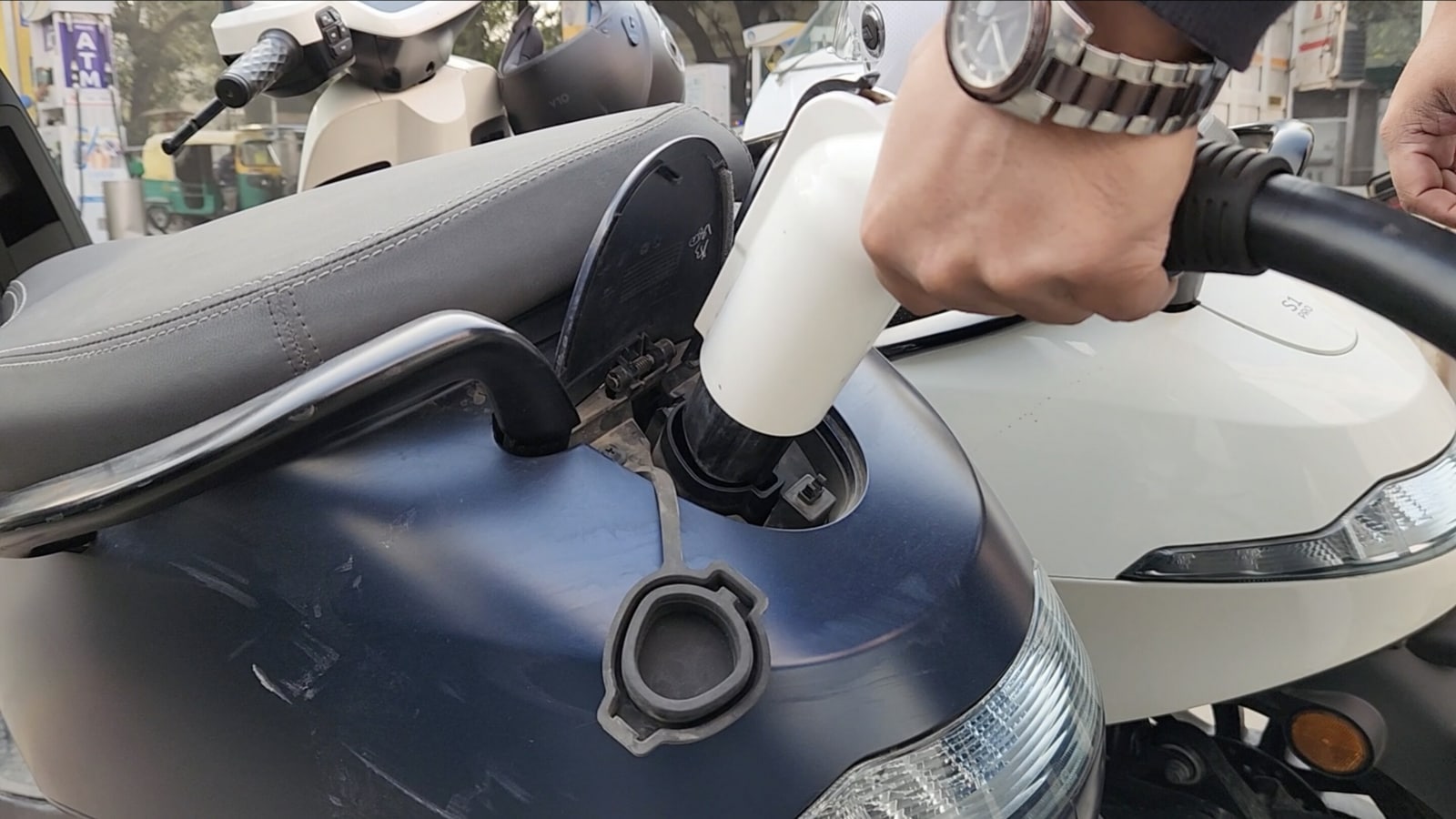New Delhi. India is an emerging market for vehicles. Attracted by the growth of the country's automobile sector, many big companies of the country and the world are expressing their desire to sell their vehicles in India. If we talk about recent times, a big automobile company like Tesla also wants to sell its electric vehicles in India. Tesla tried hard to get permission from the Indian government to sell its electric vehicles in the country, but the company was ultimately disappointed.
On the other hand, despite differences with China, Chinese companies are selling their vehicles in India indiscriminately and are also launching new models year after year. But why are there so many restrictions in India for Tesla, which has proven its electric cars in the world, and what is the reason for this? Today we are going to tell you about this.
Chinese companies got entry in India
Two main Chinese companies BYD and MG Motor are selling their vehicles in India. BYD sells only electric vehicles, whereas MG also sells electric vehicles with internal combustion engine (ICE). Some models of both the companies are being liked very much by the customers in India. MG has become a very popular brand due to its SUVs equipped with internet and personal AI assistant technology, while BYD's electric cars coming with blade battery technology have managed to create their own identity due to their excellent single charge range, features and performance. Are.
MG entered the Indian market in the year 2018, while BYD is present in the domestic market since 2007. Both these companies manufacture and assemble their cars in India only. Due to its excellent technology and affordable electric vehicles, BYD has become a challenge for Tesla in many markets.
Why is Tesla's entry in India difficult?
The biggest problem for Tesla in India is the government's new electric vehicle policy (New EV Policy), which has been prepared keeping in mind the national interest as well as investment and employment generation in the domestic market. Let us tell you that under the new EV policy, a company wishing to sell electric vehicles in India will have to invest at least 500 million US dollars, i.e. approximately Rs 4150 crore in the domestic market. The company has been given 3 years time to set up a plant in India and start sales.
At the same time, the company will have to comply with 50% DVA i.e. Domestic Value Addition within 5 years. Under this rule, from the 5th year onwards the company will have to purchase 50% of the equipment used in its vehicles from the domestic market. At the same time, if the company imports knocked down components (CKD), then it will have to pay import duty of 15 percent. Chinese companies follow the same rules in India.
However, Tesla's planning for selling vehicles in India is something else. Tesla had said in the first round of talks with the Indian government that instead of setting up a plant in the country, it wants to sell vehicles made in China by importing them. For this reason, the government did not give permission to Tesla to sell vehicles in India.
Only 8,000 cars will be imported
Under the new rules, now the company can import only 8000 units of electric cars in the country in a year, the total number of which cannot exceed 40,000 units. Apart from this, for exemption in custom duty, the company will make a bank its guarantor. In case of non-compliance of DVA or minimum investment norms, bank guarantee will be invoked.
The Government of India has also clearly said that companies wishing to invest in India will have to follow this policy. The government will not change its policies as per the demand of any EV company.
Tags: auto news, Car Bike News
FIRST PUBLISHED: November 25, 2024, 16:22 IST


